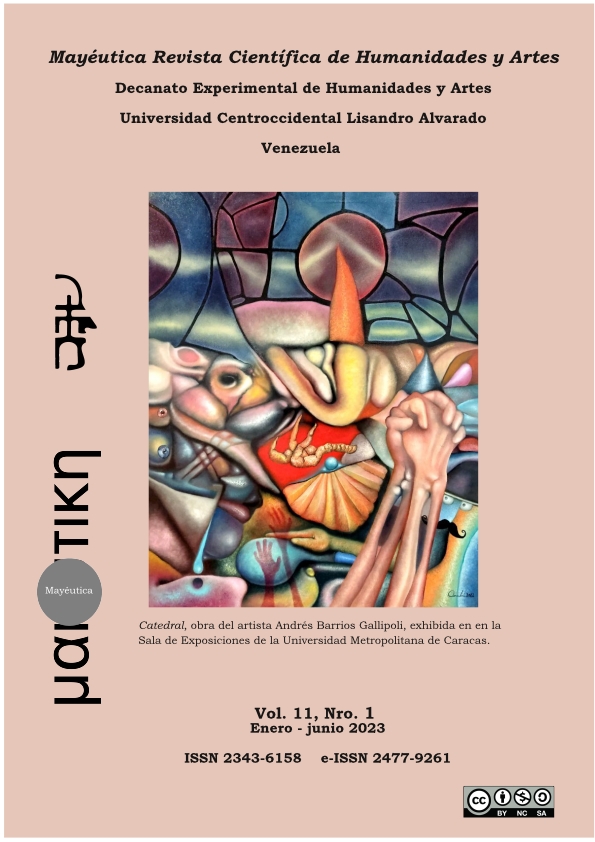Building capacities in a country of limited opportunities: experiences in teleworking of a group of young people from popular areas of Barquisimeto, Venezuela
DOI:
https://doi.org/10.5281/zenodo.7452764Keywords:
freedoms, Internet access, teleworking, human developmentAbstract
In a connected world, Internet access is not a luxury, it is a necessity. More than four billion Internet users are searching for information, communication, recreation, education and work every day. This medium has become an important exercise of Human Rights, as it is used as an instrument to facilitate and expand freedoms conceived as capabilities, which allow people to do and be what they have reason to value. Under this sense, the objective of this research was to understand the experiences of three teleworkers located in the peripheral area of Barquisimeto, Lara state, related to the conditions of access in the pre and post pandemic context, considering its link with freedoms and Human Development. It consists of five chapters and is framed within the qualitative paradigm, specifically based on the phenomenological method. The technique used was the semistructured interview, which allowed for an analysis and interpretation of the information, making use of categorisation to investigate the experiences. The findings focus on the conditions of access to the Internet for young people in their sectors, and the obstacles that interfere with democracy, economic services, quality of life and, therefore, human development.
Downloads
References
Banco Interamericano de Desarrollo. (2020). Conectividad rural en América Latina y el Caribe, un puente al desarrollo sostenible en tiempos de pandemia. https://repositorio.iica.int/handle/11324/12896
Cejudo Córdova, R. (2007). Capacidades y Libertad. Una aproximación a la teoría de Amartya Sen. Revista Internacional de Sociología. Vol. XV, Nº 47, mayo agosto, pp. 922.
De Negri, A. (2002). Estrategia de promoción de la calidad de vida. Agencia de Cooperación Técnica Alemana, Ministerio de Salud y Desarrollo Social de la República Bolivariana de Venezuela.
https://www.academia.edu/28567619/Adjustment_with_a_human_face
Instituto Prensa y Sociedad Venezuela. (2021). Limitaciones informativas serán un virus en 2020, según el Reporte Anual de IPYS Venezuela. IPYS Venezuela.
Gaceta Oficial República Bolivariana de Venezuela. (22 de mayo de 2000). Ley N° 36955.
Observatorio Venezolano de Servicios Públicos. (2021). Estudio de percepción ciudadana.
Programa de las Naciones Unidas. (2001). ¿Qué es Desarrollo Humano?
http://www.pnud.org.co/sitio.shtml?apc=aAa020081 &m=a&e=A#.VRNxEfyUdc8
Programa de las Naciones Unidas para el Desarrollo. (2001). Poner la tecnología al servicio del desarrollo humano. MundiPrensa Libros, S.A.
https://esfcat.org/wpcontent/uploads/2017/06/TecnologiaparaelDesarrolloHumanoenlosAndesISF1.pdf
Programa de las Naciones Unidas para el Desarrollo. (2015). Trabajo al servicio del desarrollo humano. https://hdr.undp.org/system/files/documents//hdr2015reportsppdf.pdf
Sen, A. (1993). Capacidad y bienestar. En M. Nussbaum y A. Sen (eds.) La calidad de vida. Clarendon Press. https://journals.openedition.org/polis/8073?lang=en
Sen, A. (2000). Desarrollo y Libertad. Planeta
Published
How to Cite
Issue
Section

This work is licensed under a Creative Commons Attribution-NonCommercial-ShareAlike 4.0 International License.





